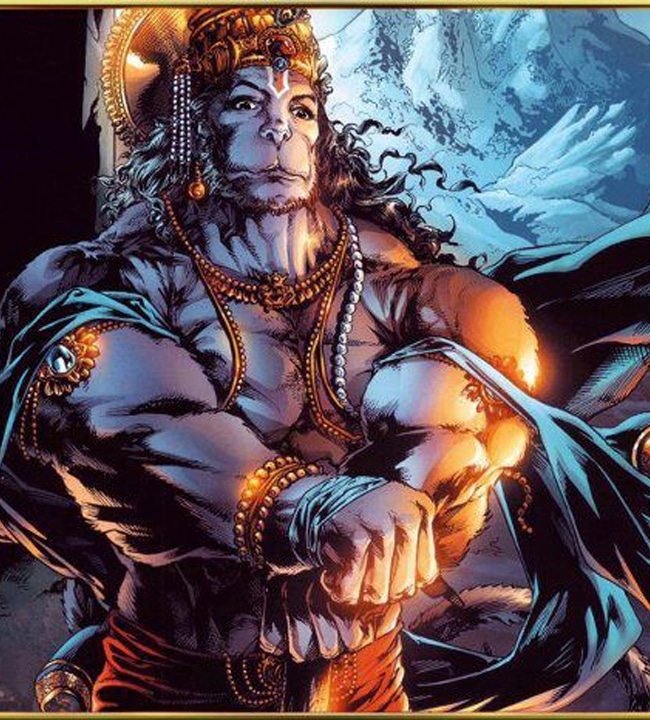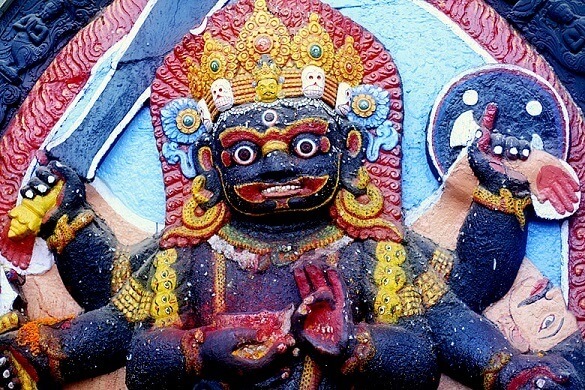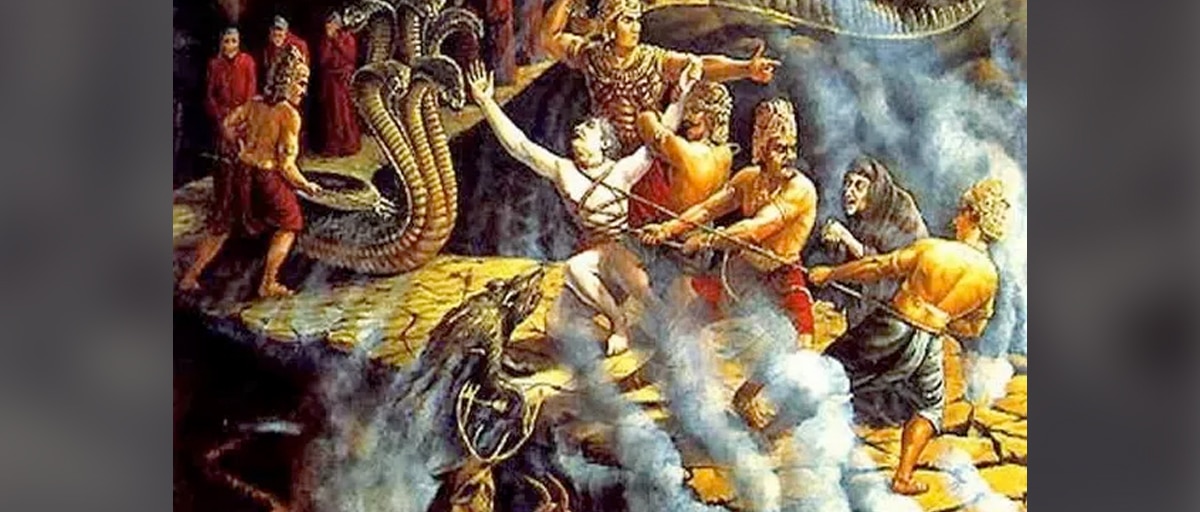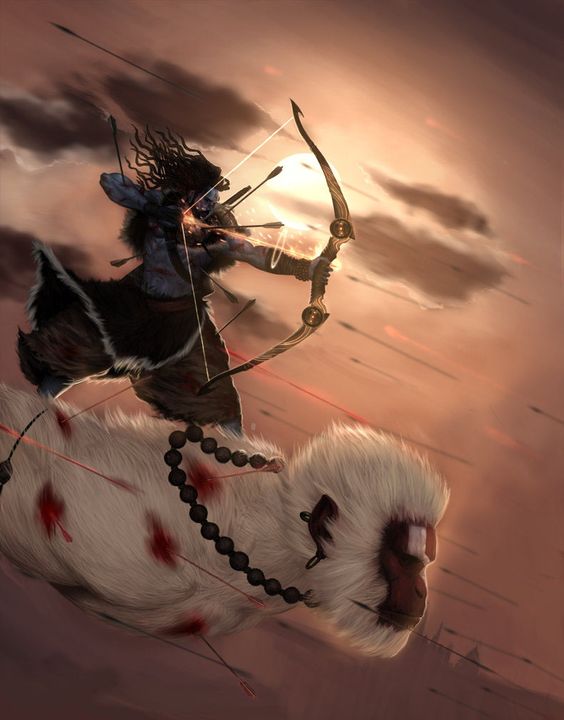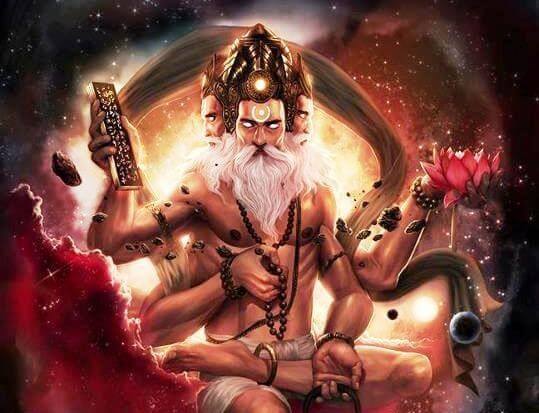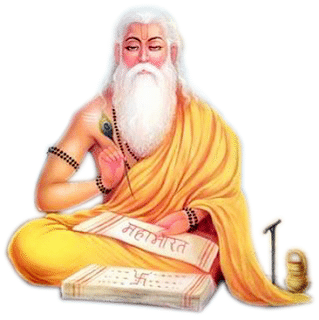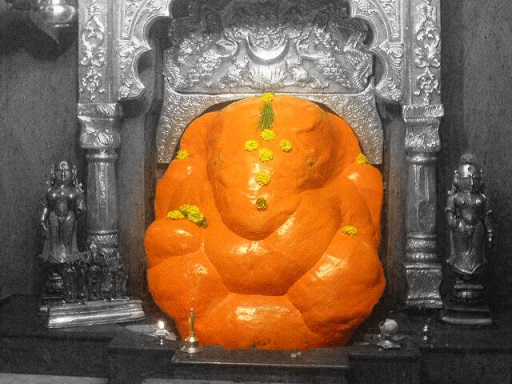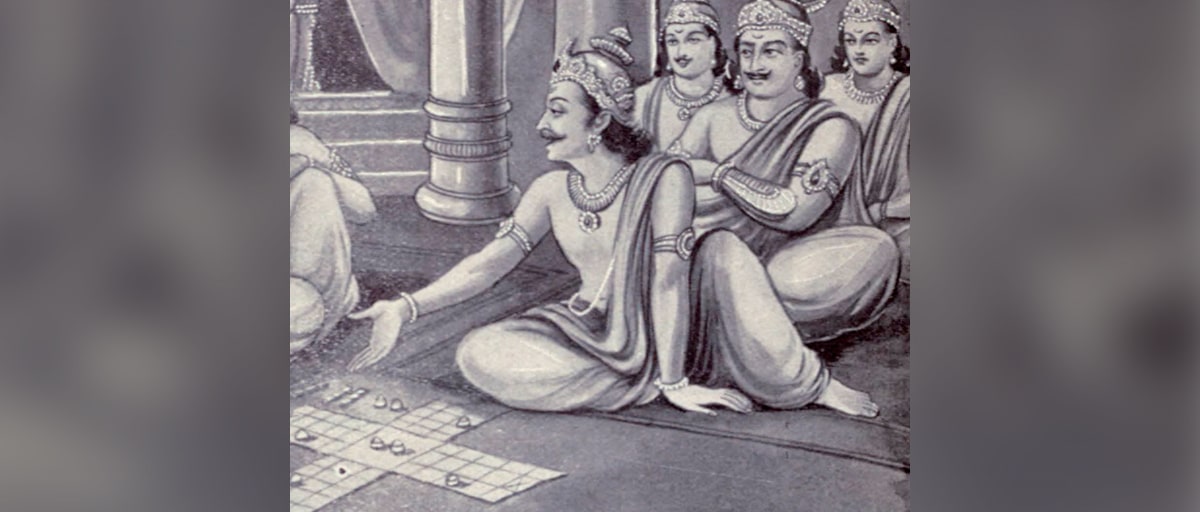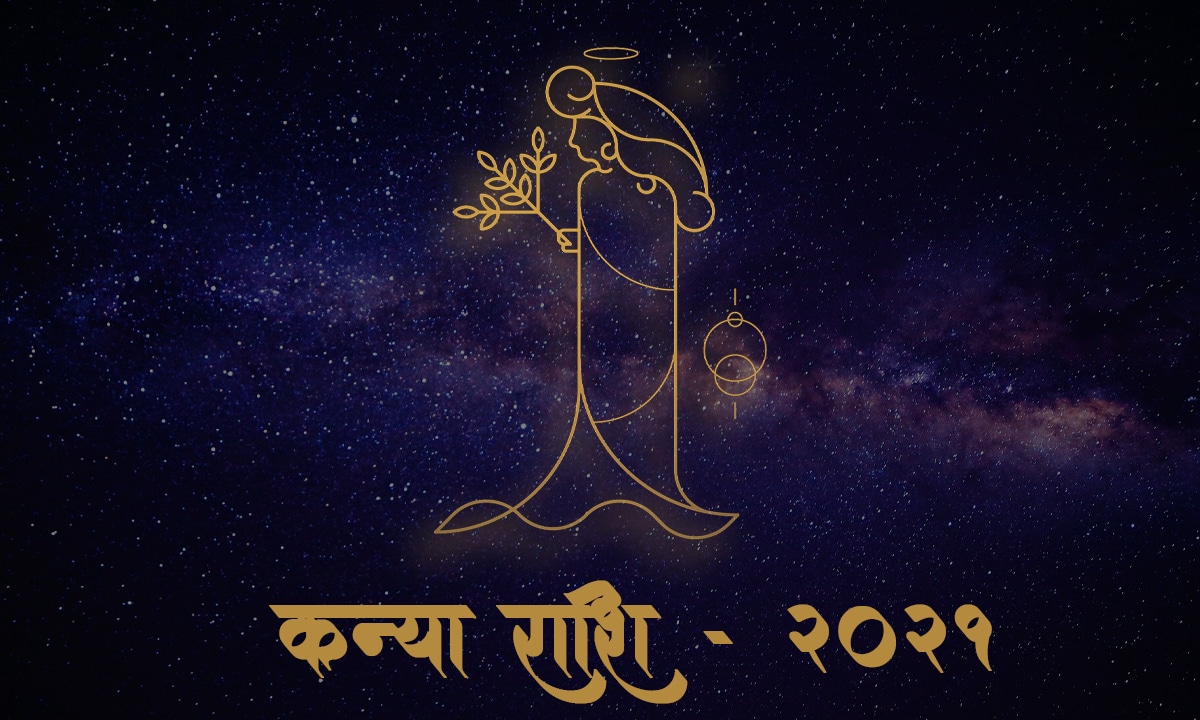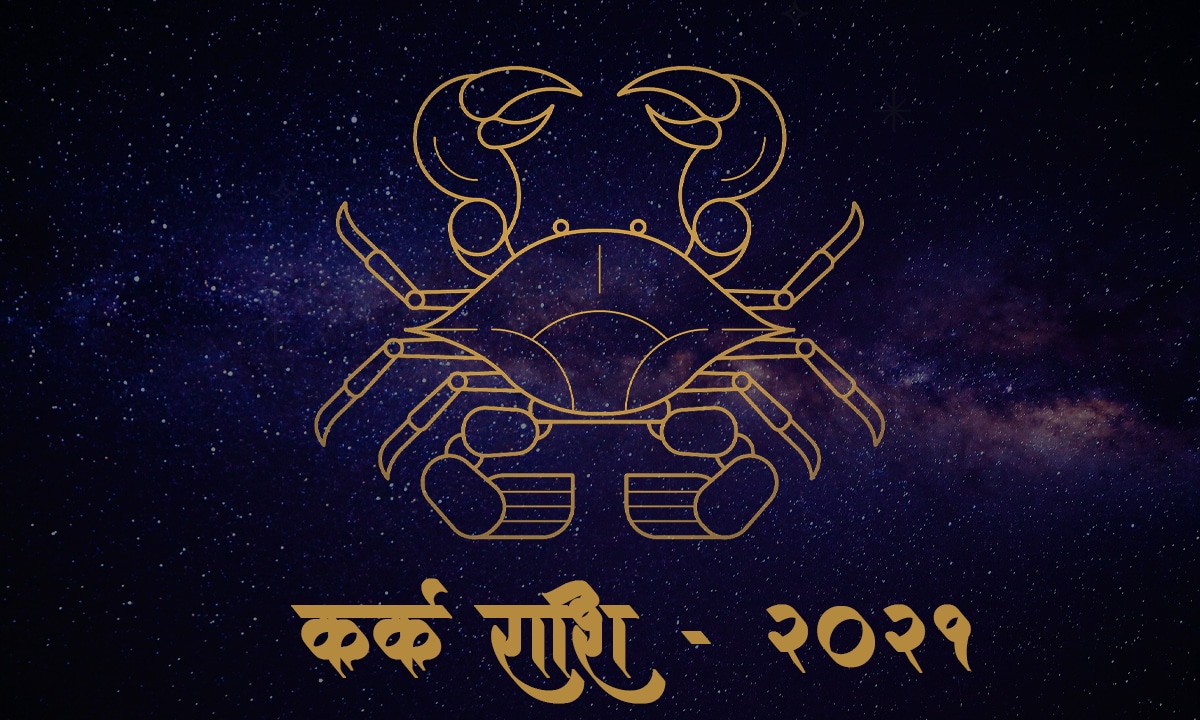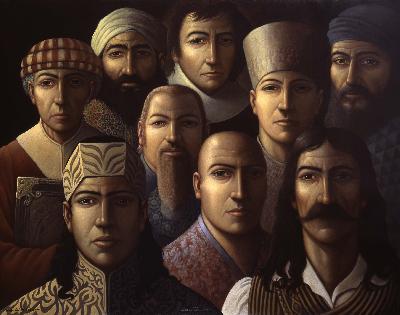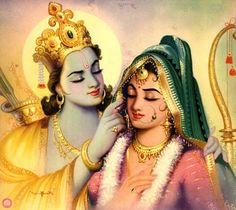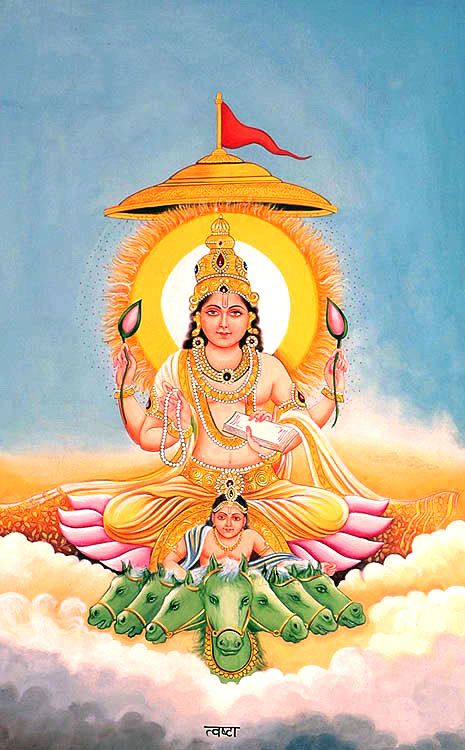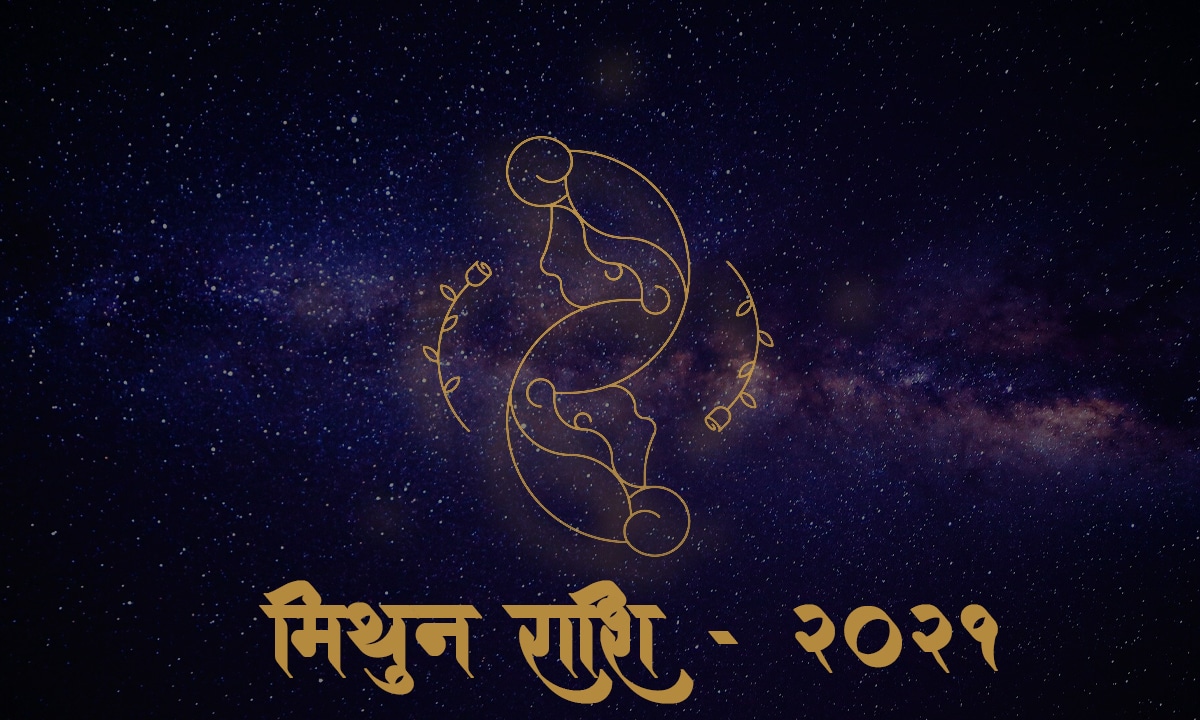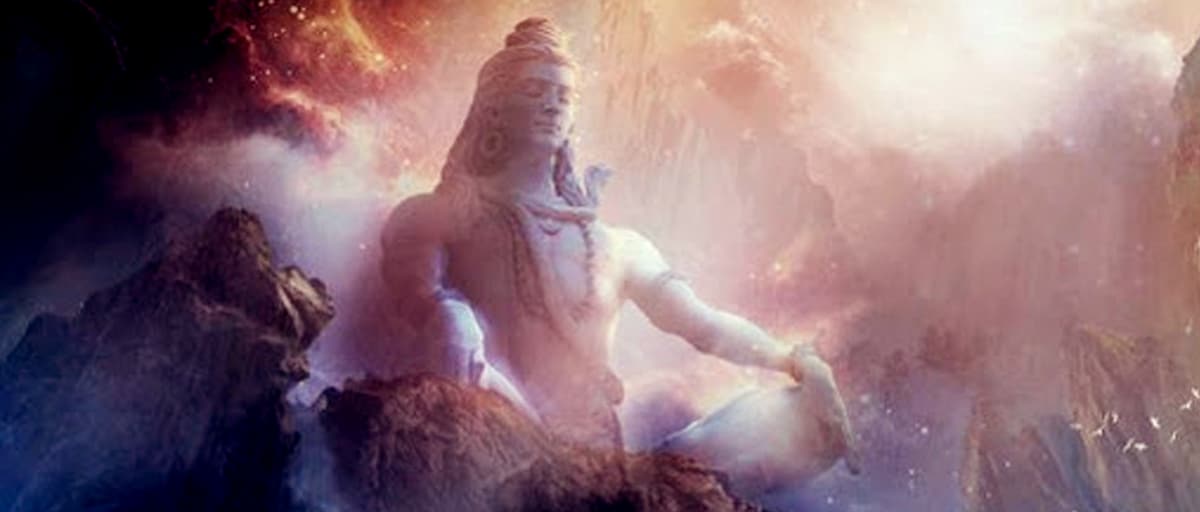Hanuman Anjana Stotra must be read in the morning only after taking a bath. If you want to read it after sunset, you must wash your hands, feet and face first. Amongst the Hindus, it is a very popular belief that reciting the Hanuman Chalisa calls upon Hanuman’s divine involvement in critical problems, including those concerning evil spirits. Let’s take a look at some other interesting beliefs associated with the Hanuman Chalisa.
Sanskrit:
हनुमानञ्जनसूनुर्वायुपुत्रो महाबलः ।
रामेष्टः फाल्गुनसखः पिङ्गाक्षोऽमितविक्रमः ॥१॥
उदधिक्रमणश्चैव सीताशोकविनाशनः ।
लक्ष्मणप्राणदाताश्च दशग्रीवस्य दर्पहा ॥२॥
Translation:
Hanumaan-An.jana-Suunur-Vaayu-Putro Mahaa-Balah |
Raame[a_I]ssttah Phaalguna-Sakhah Pingga-Aksso-Amita-Vikramah ||1||
Udadhi-Kramannash-Cai[a-E]va Siitaa-Shoka-Vinaashanah |
Lakssmanna-Praanna-Daataash-Ca Dasha-Griivasya Darpa-Haa ||2||
Meaning:
(The Twelve Names of Bhakta Hanuman are)
1: Hanuman (Bhakta Hanuman), Anjana Sunu (Who is the Son of Devi Anjana), Vayu Putra (Who is the Son of Vayu Deva), Maha Bala (Who possess Great Strength),
2: Ramestta (Who is Devoted to Sri Rama), Phalguna Sakha (Who is the Friend of Arjuna), Pingaksha (Whose Eyes are Yellowish or Brownish), Amita Vikrama (Whose Valour is Immeasurable or Boundless),
3: Udadhi Kramana (Who has Crossed the Ocean), Sita Shoka Vinashana (Who Removed the Sorrow of Devi Sita), Lakshmana Prana Daata (Who is the Giver of Life to Sri Lakshmana) and Dasha Griva Darpaha (Who Destroyed the Pride of Ten-Headed Ravana)

Sanskrit:
एवं द्वादश नामानि कपीन्द्रस्य महात्मनः ।
स्वापकाले प्रबोधे च यात्रा काले च यः पठेत् ॥३॥
तस्य सर्वभयं नास्ति रणे च विजयी भवेत् ।
राजद्वारे गह्वरे च भयं नास्ति कदाचन ॥४॥
Translation:
Evam Dvaadasha Naamaani Kapiindrasya Mahaatmanah |
Svaapa-Kaale Prabodhe Ca Yaatraa Kaale Ca Yah Patthet ||3||
Tasya Sarvabhayam Na-Asti Ranne Ca Vijayii Bhavet |
Raaja-Dvaare Gahvare Ca Bhayam Na-Asti Kadaacana ||4||
Meaning:
4: These Twelve Names of Kapindra (Who is the Best among the Monkeys) and Who is Noble, …
5: … He Who Recites during Sleep and on Waking up, and during Journey; …
6: … for him, all Fears will Vanish, and he will become Victorious in the Battlefield (of Life),
7: There will not be any Fear anytime for him, whether he is in the Palace of a King or in a Remote Cave.
Sanskrit:
मनोजवं मारुततुल्यवेगं
जितेन्द्रियं बुद्धिमतां वरिष्ठ ।
वातात्मजं वानरयूथमुख्यं
श्रीरामदूतं शरणं प्रपद्ये ।
Translation:
Mano-Javam Maaruta-Tulya-Vegam
Jite[a-I]ndriyam Buddhi-Mataam Varissttha |
Vaata-Atmajam Vaanara-Yuutha-Mukhyam
Shriiraama-Duutam Sharannam Prapadye |
Meaning:
(I take Refuge in Sri Hanuman)
1: Who is Swift as the Mind and Fast as the Wind,
2: Who is the Master of the Senses, and Honoured for His Excellent Intelligence, Learning, and Wisdom,
3: Who are Son of the Wind God and Chief among the Vanaras (Who were part of the Devas incarnated in the species of the monkeys to serve Sri Rama during His Incarnation),
4: To that Messenger of Sri Rama, I take Refuge (by prostrating before him).
Also Read:
Disclaimer:
All images, designs or videos on this page are copyright of their respective owners. We don’t own have these images/designs/videos. We collect them from search engine and other sources to be used as ideas for you. No copyright infringement is intended. If you have reason to believe that one of our content is violating your copyrights, please do not take any legal action as we are trying to spread the knowledge. You can contact us directly to be credited or have the item removed from the site.

